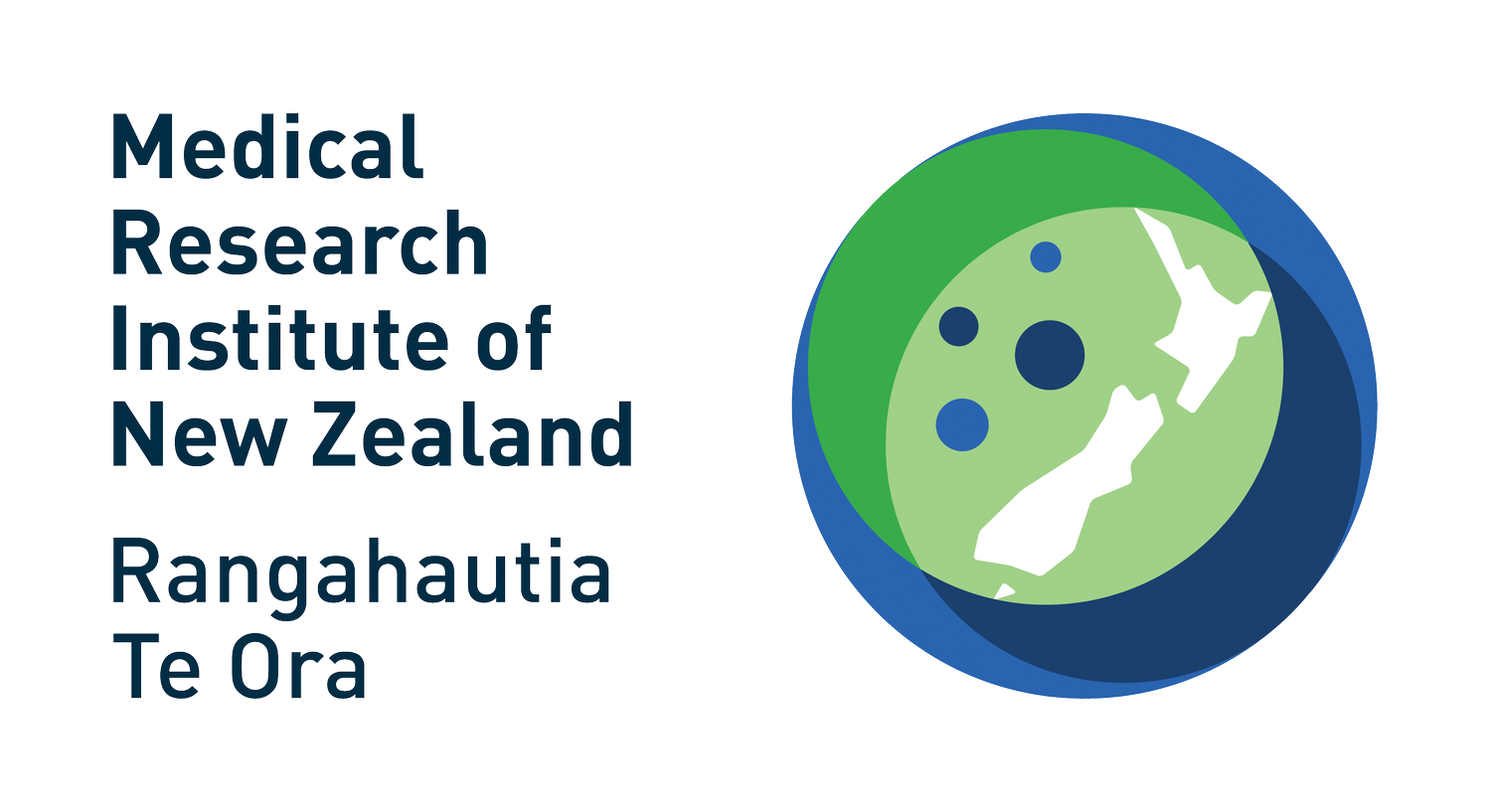New Zealand data adds more pieces to the COVID puzzle.
While clinicians and researchers worldwide have been looking closely at all aspects of COVID- 19, the majority of data has been limited to patients admitted to hospital and intensive care units. This has provided insight into severe COVID-19, but leaves out those less severely affected. New research published today in the New Zealand Medical Journal has sought to correct this imbalance.
Led by Clinical Research Fellow Dr Nethmi Kearns and working in partnership with Regional Public Health (RPH), the MRINZ COVID-19 team have analysed data on the progression, prognosis and management of the 2020 Alpha variant of all community COVID-19 cases in the Greater Wellington region.
The Greater Wellington Region had 96 confirmed COVID-19 cases during the first wave of the pandemic from January-August 2020. Dr Kearns and her team investigated crucial data from these cases, ranging from how and when symptoms presented, the rates of secondary infection within households, the frequency of worsening asthma and the countries from which COVID-19 was imported.
Key study findings show that the majority of these first wave cases were those travelling from overseas, and there was no set of overarching symptoms that could predict infection. The study also shows how COVID-19 does not provoke severe asthma attacks, a significant and crucial finding for Aotearoa New Zealand given our high national prevalence of asthma.
Over 90% of confirmed COVID-19 cases experienced a non-life threatening form of the disease and were managed in the community. Dr Kearns says that the majority of people with COVID-19 do not need hospital-level care, and information on this group obtained from the 2020 Alpha outbreak will enable Aotearoa New Zealand to be better prepared for Delta and other variants.
Non-hospitalised COVID-19 cases pose challenges to those immediately affected, their whānau, their household, social and workplace contacts and the paramedic and primary care health professionals who provide care during the uncertain period when it is difficult to predict who could deteriorate rapidly.
Multiple risk factors intersect to intensify existing inequities, compounded by the structural imbalance present within many worldwide health and support systems.
Dr Kearns says:
“The COVID-19 pandemic disproportionately affects our most vulnerable global communities, such as minority ethnic groups, migrant workers, women and gender-diverse communities and those with lower socioeconomic status… Ongoing research into preventing and tackling inequity in the diagnosis and management of COVID-19 is a priority.”
Dr Annette Nesdale, Medical Officer of Health, Regional Public Health, says:
“Our collaboration with the MRINZ COVID team supports our public health and equity goals to understand and mitigate the severe impacts of the global pandemic for our local communities.”
MRINZ and RPH are currently conducting a study into the impacts of Long COVID on physical and mental health across these same community cases, one year after their illness. This is a new and important extension of this research, set to continue informing public health interventions both in Aotearoa New Zealand and internationally during COVID-19 and future pandemics.

